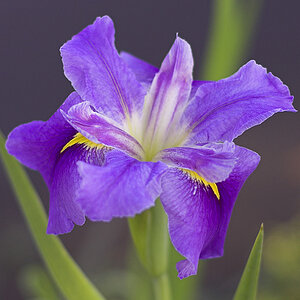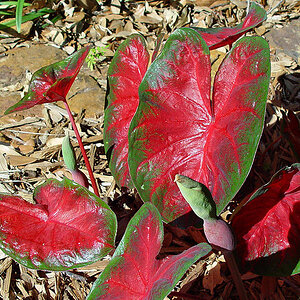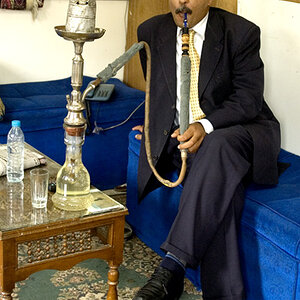Early
TPF Noob!
- Joined
- Feb 8, 2008
- Messages
- 1,239
- Reaction score
- 0
- Location
- Western NJ
- Can others edit my Photos
- Photos NOT OK to edit
I think the a true macro lens will give you a flat field, but don't say I told you so. Anyhow, for serious macro work, you should get the real thing.What's the difference between a macro and a zoom lens? Is there a difference with a 18-70 and a 70mm macro? I know the 70mm macro would product sharper images as it is a prime lens but what are the other differences? Are there any?
Oldpostninja , I haven't got a macro lens so I can't help you but incase you didn't know ,for water droplets , a flash will help you freeze it there in the picture.


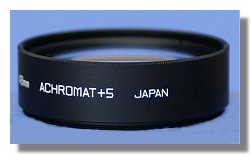

![[No title]](/data/xfmg/thumbnail/30/30886-4d4f2b370f36c175a23901cc8689aea4.jpg?1619734498)
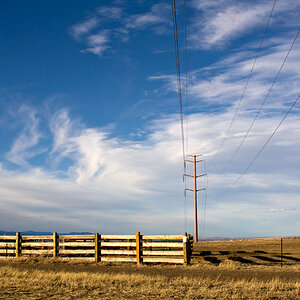
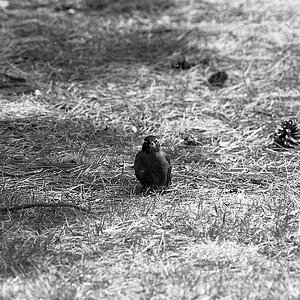
![[No title]](/data/xfmg/thumbnail/30/30884-b92cca2d3ad6f728825cf7e936e8cef6.jpg?1619734496)


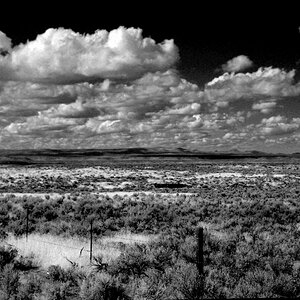
![[No title]](/data/xfmg/thumbnail/38/38737-350089c7ae87f5c983c5362b9b78b671.jpg?1619738703)
